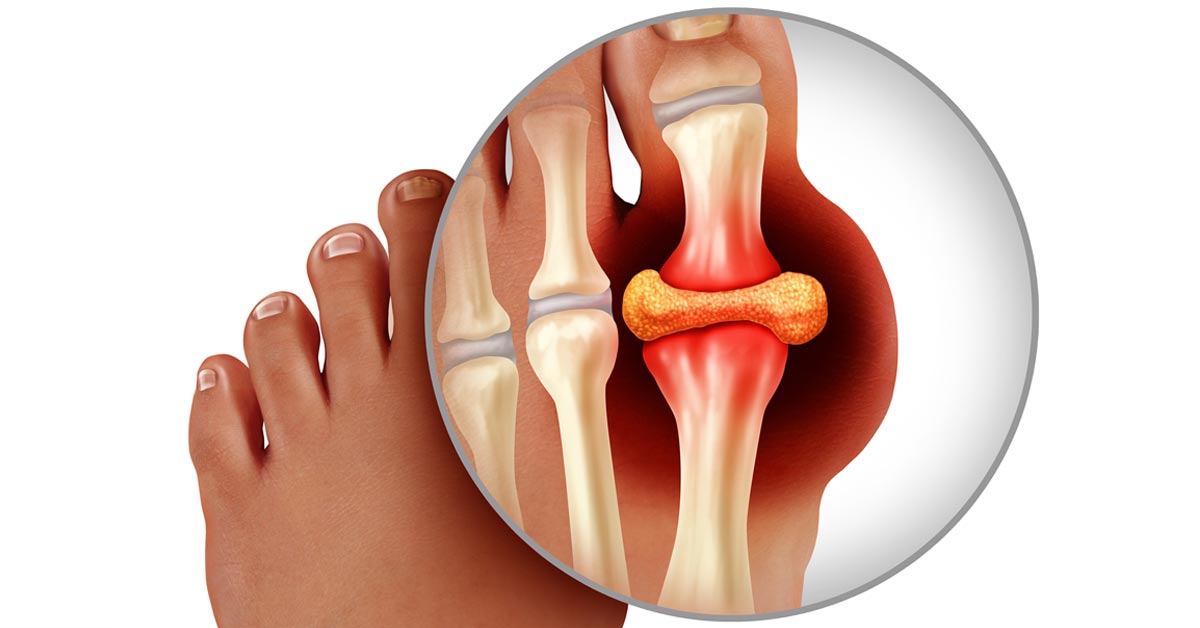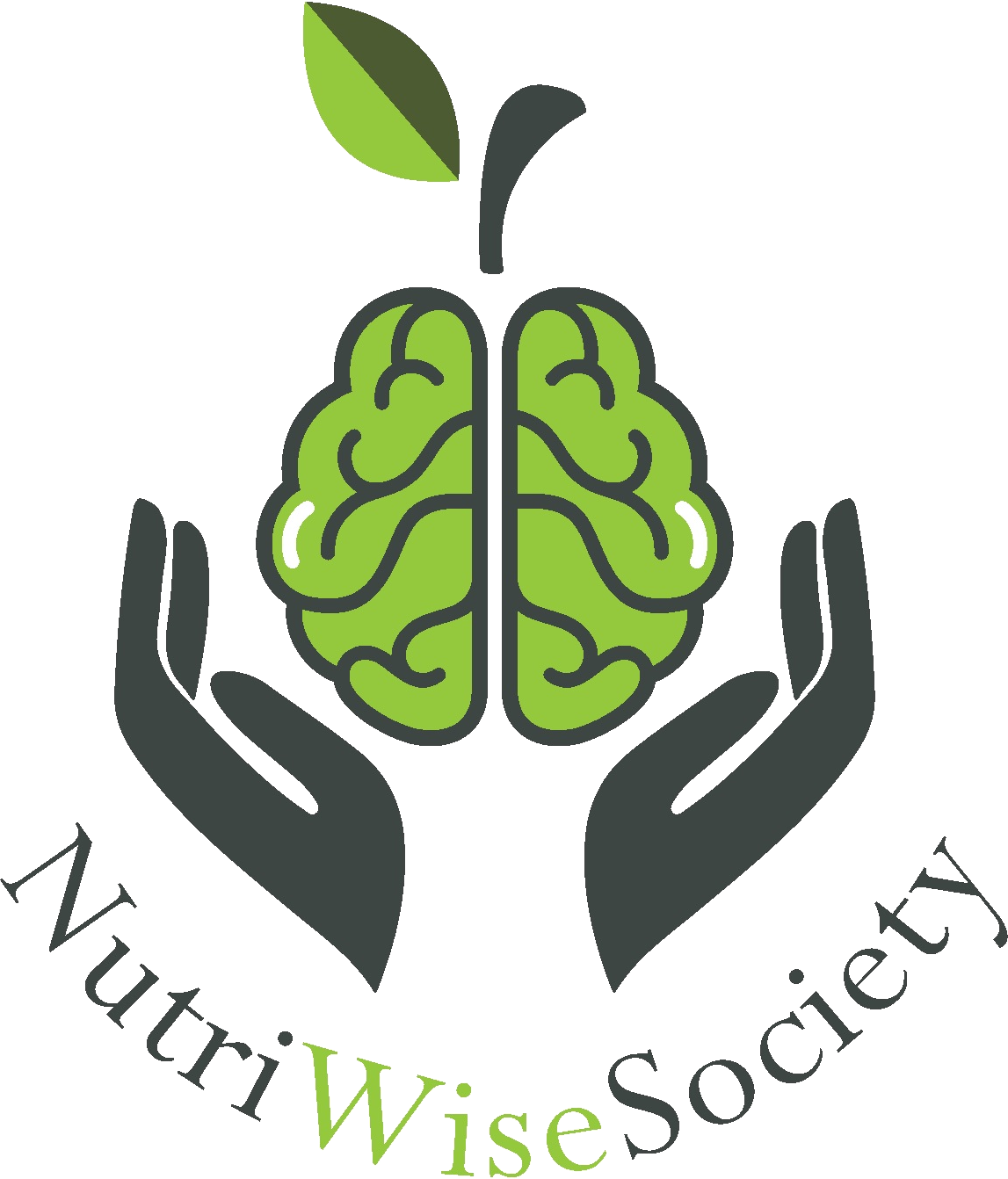Articles

Gout and High Uric Acid
What is Gout?
Gout is a condition resulting from increased conversion of purines—a natural substance found in the body and food—into uric acid, which serves as an antioxidant. Purines include several types, such as guanine, adenine, hypoxanthine, and xanthine. People with gout need to monitor their intake of purines, especially hypoxanthine, which can exacerbate symptoms. Gout is often linked to lifestyle, once known as the “disease of kings” due to its association with rich diets high in meats. It is characterized by acute joint inflammation caused by uric acid crystals deposited in the joints.
Factors That Can Cause Elevated Uric Acid Levels
- Overweight or obesity, especially with chronic diseases like diabetes, high cholesterol, and high blood fats.
- Lack of physical activity.
- Certain medications, such as diuretics and blood pressure drugs.
- Hypothyroidism.
- High-purine foods.
- Excessive alcohol consumption.
Normal Uric Acid Levels
| Gender/Age Group | Normal Range (mg/dL) |
|---|---|
| Females | 2.5-6.0 |
| Males | 3.5-7.2 |
| Postmenopausal Women | 3.5-7.2 |
A diet containing no more than 400 mg of purines daily is recommended to avoid gout flare-ups, as high-purine diets are the primary cause of elevated uric acid levels.
Purine Content Classification
- Low Purine: Less than 100 mg per 100g
- Moderate Purine: 100-200 mg per 100g
- High Purine: More than 200 mg per 100g
High Purine Foods to Avoid During Treatment (≥200 mg/100g)
| Food | Purine Content (mg/100g) |
|---|---|
| DNA/RNA Supplement | 25640.8 |
| Beer Yeast | 3561.5 |
| Spirulina Supplement | 1268.5 |
| Nori Seaweed | 695.6 |
| Royal Jelly | 494.3 |
| Shiitake Mushrooms (dried) | 448.4 |
| Chicken Liver | 363.1 |
| Parsley | 341.3 |
| Oriental Shrimp | 321.1 |
| Bonito Fish | 258.9 |
| Beef Liver | 255.5 |
| Sardines | 247.1 |
| Kurumu Shrimp | 235.3 |
| Beef Heart | 223.6 |
| Beef Kidney | 203.4 |
| Young Spinach | 202.1 |
| Dried Soybeans | 201.7 |
Foods to Consume Sparingly (100-200 mg/100g)
| Food | Purine Content (mg/100g) |
|---|---|
| Mackerel Fish | 198.4 |
| Tuna | 193.3 |
| Chicken (white meat) | 188.3 |
| Chicken Breast | 171.8 |
| Chicken Gizzard | 169.8 |
| Herring Fish | 169.8 |
| Chicken Wing | 168.1 |
| Oyster Sauce | 161.8 |
| Snow Crab | 161.4 |
| Canned Salmon | 159.7 |
| Octopus | 159.7 |
| Red Carp Fish | 158 |
Low Purine Foods (<100 mg/100g)
| Food | Purine Content (mg/100g) |
|---|---|
| Buckwheat Flour | 89.1 |
| Broccoli | 81.8 |
| Green Pepper | 79.8 |
| Cauliflower | 67.2 |
| Asparagus (top part) | 64.7 |
| Spinach Leaf | 61 |
| Eggplant | 58.7 |
| Peanuts | 57.1 |
| Bran | 52.1 |
| Almonds | 37 |
| Rice | 30.3 |
| Soy Milk | 25.8 |
| Sweet Potato | 20.1 |
| Garlic | 20.1 |
Additional Tips
- Weight Management: Weight loss and exercise (3-4 times a week) help reduce gout symptoms.
- Increase Fruits and Vegetables: Aim for 2 servings of fruit and 3 servings of vegetables daily.
- Avoid High-Fructose Foods: Soft drinks, fruit juices, honey, and high-fructose fruits can raise uric acid levels.
- Stay Hydrated: Drinking plenty of water helps prevent uric acid crystallization and increases urination, aiding in uric acid elimination.
References:
- Desideri, G. Castaldo, A. Lombardi, M. Mussap, A. Testa, R. Pontremoli, L. Punzi, C. Borghi Is it time to revise the normal range of serum uric acid levels?
- Eur Rev Med Pharmacol Sci
Year: 2014
Vol. 18– N. 9
Pages: 1295-1306 - Kaneko, Kiyoko et al. “Total purine and purine base content of common foodstuffs for facilitating nutritional therapy for gout and hyperuricemia.” Biological & pharmaceutical bulletin ٣٧ ٥ (٢٠١٤): ٧٠٩-٢١ .
